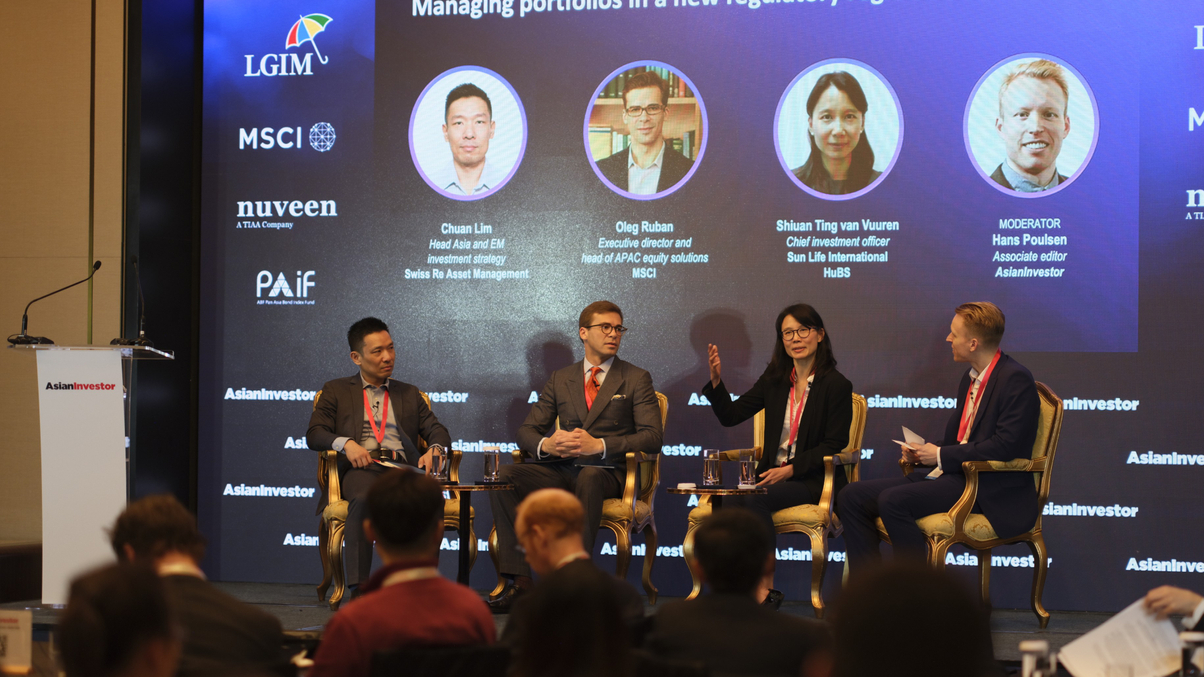Sun Life HuBS CIO lays out implications of HK's new RBC regime
The insurer sees ways to tackle the capital charges being implemented later this year, the insurer’s CIO said at AsianInvestor’s Insurance Investment Briefing in Hong Kong.

Hong Kong insurance companies are preparing their portfolios to accommodate the changes a new risk based capital (RBC) regime will bring when it comes into effect in the second half of 2024.
Sign in to read on!
Registered users get 2 free articles in 30 days.
Subscribers have full unlimited access to AsianInvestor
Not signed up? New users get 2 free articles per month, plus a 7-day unlimited free trial.
¬ Haymarket Media Limited. All rights reserved.


